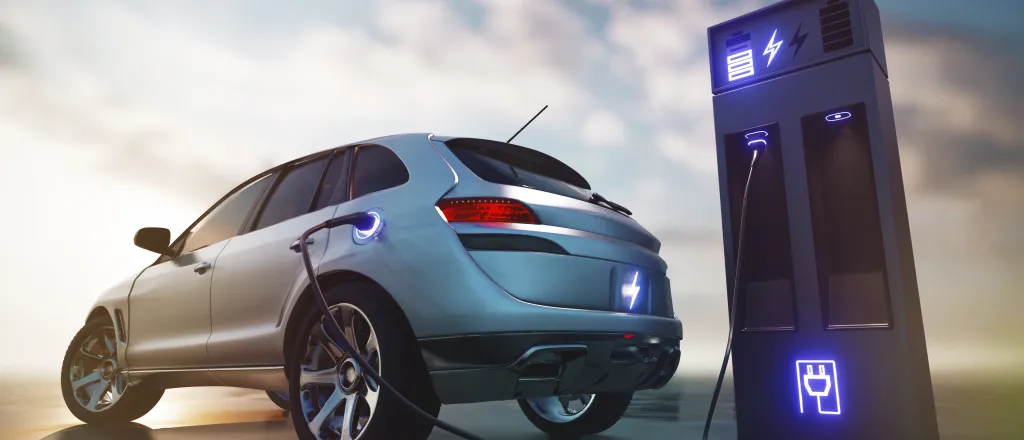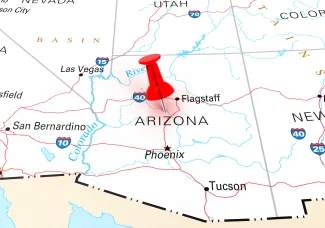
How would rolling back EV standards affect Arizona drivers?
Click play to listen to this article.
This week, Congress is expected to vote on whether to roll back states' authority to set their own clean car and truck standards.
Research shows some Arizona residents could save more than $1,300 a year on fuel by switching to an electric vehicle.
Rob Sargent, program director for the nonprofit Coltura, which advocates for a transition from gas-powered cars to EVs, said the vote in Congress could potentially undermine EV availability, consumer savings and subsequent job creation. He pointed out middle-class workers benefit the most from driving EVs and using the federal tax credits to buy them.

"They're contractors driving 150 miles daily between job sites, rural drivers, tradespeople and working families," Sargent explained. "Who live where housing is more affordable and you know, jobs are further away."
Coltura has found people in southeast Arizona who drive more than 25,000 miles a year spend on average about $7,000 dollars a year on gas. Republicans want to revise or weaken the clean car standards and tax credits of the Biden administration, which they say have limited the sales of gas-powered vehicles.
There are also concerns about having enough EV charging infrastructure. Sargent pointed out the U.S. has already made significant investments in charging stations and will keep expanding them. If Congress decides states cannot require cleaner cars, changes will be felt across the board.
The upcoming vote in Congress would reverse last year's Environmental Protection Agency decision to grant neighboring California a waiver to ban the sale of gasoline-powered cars by 2035. The decision allowed other states to join in, although Arizona was not one of them.
"There have been 10 or so states that have consistently followed California's lead," Sargent observed. "That has played a major role in ensuring that manufacturers make vehicles available so that they can meet those requirements."
President Donald Trump has vowed to roll back the rule. California was issued the special authority because of its unique air pollution issues. While other states can't create their own rules, they can adopt California's. The current plan only affects new car sales.

















